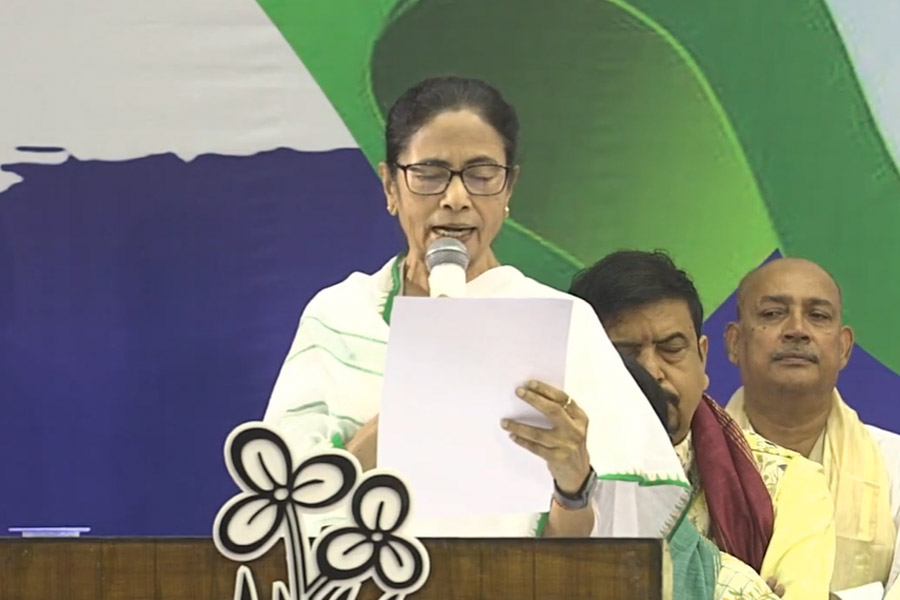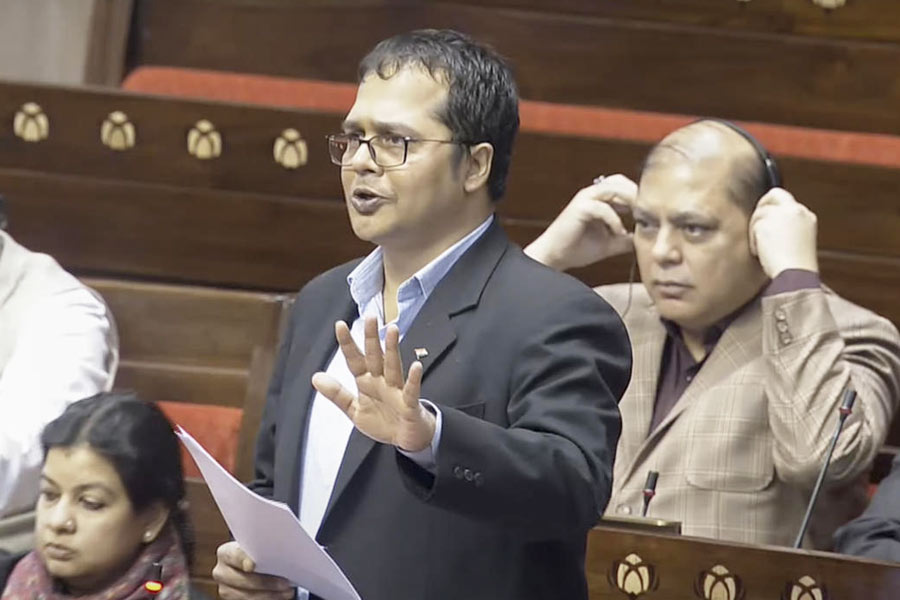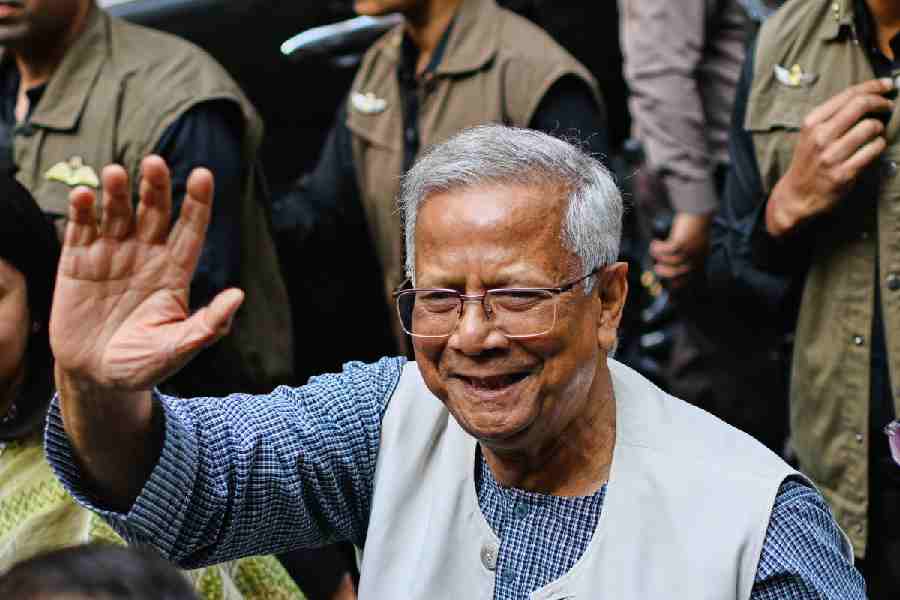The Trinamool Congress is activating multiple channels to raise the ‘electoral roll malpractice’ issue on the floor of both Houses when Parliament reconvenes on Monday for the second half of the Budget session.
By 5pm Friday, Bengal’s ruling party plans to submit notices to the Lok Sabha and Rajya Sabha secretariat for calling attention motion, short-term discussion and other tools available to the lawmakers to draw the government’s attention on issues the country faces.
The party is confident that other opposition parties will join in.
“This is not an issue that concerns any one political party. This concerns every citizen of India. The elections have to be free and fair,” said a Trinamul MP.
Under Rule 180 of the Rules of Procedures and Conduct of Business, members of Parliament have an opportunity to bring to the attention of the government a matter of urgent public importance.
The rule states: “A member may call the attention of a minister to any matter of urgent public importance and the minister may make a brief statement or seek time to make a statement later.”
Every member is allowed to give two notices for calling attention at any one sitting.
Similarly, for short-term discussion, the rules make it clear that it should raise “substantially one definite issue” among other conditions.
“Dialogue is on with the other parties in the Opposition bloc,” a Trinamool MP said. “Trinamool does not have any ego on this issue. Any party is welcome to move a motion and the Trinamool Congress is ready to support it.”
According to Trinamool sources, the Congress has also expressed interest in raising the issue on the floors of both Houses.
Bengal chief minister Mamata Banerjee had flagged the electoral-rolls issue in an organisational meeting last month. Since then the party has stepped up the ante against the ruling BJP at the Centre, which is also the main Opposition in Bengal.
The alleged manipulation of electoral rolls had surfaced post the election results in Haryana and Maharashtra last year, which took place after the Lok Sabha polls held in the summer. While the opposition parties performed well in both the states in the general elections, the Congress faced a rout in both the Haryana and Maharashtra Assembly elections.
Last month, AAP lost to the BJP in the Delhi Assembly polls.
With the Bengal state elections scheduled for 2026, Mamata has chosen to attack the BJP and the Election Commission on what she and other Opposition leaders call irregularities in the voters’ list.
She has accused the Election Commission of helping the BJP in including names of Hindi-speaking voters in Bengal districts like South Dinajpur and Murshidabad.
The 36-member committee that Mamata had formed to probe the irregularities in the electoral rolls in its first meeting on Thursday had decided to form district-wise committees to look into the disputes.
Late on Thursday evening, Mamata rejected the committees and a fresh direction is likely to be issued on Friday.
Trinamool general secretary and Diamond Harbour MP Abhishek Banerjee had skipped the meeting of the committee headed by the party’s state president, Subrata Bakshi.
In a blog post published on Thursday, Trinamool’s Rajya Sabha leader Derek O’Brien had raised the issue of electoral fraud.
“Another issue that is bound to play out on the floor of Parliament is the Election Commission of India’s (EC) alleged involvement in voter ID duplication. This is not a minor clerical error, it is a serious matter having a bearing on free and fair elections,” O’Brien wrote.
Earlier this week, O’Brien along with fellow parliamentarians Sagarika Ghose and Kirti Azad had questioned the EC’s defence that identical numbers on two different photo identity cards in two different constituencies did not make any voter ineligible to vote.
“Since Electors Photo Identity Card (EPIC) number is linked to voter details, a duplicate EPIC number will lead to denial of voting rights. The EC handbook clearly states that EPIC numbers are supposed to be unique and consist of an alphanumeric sequence, with the first three letters being specific to an assembly constituency. It is impossible for voters in two different assembly constituencies (even in the same state) to have the same first three letters on their EPIC. Voters in different states have been found to have the same EPIC numbers. The EC needs to start by disclosing how many duplicate EPICs exist within the system and how they got assigned. Why is the EC still unable to ensure unique EPIC numbers for every voter?” O’ Brien wrote in his blog.
On Friday, when asked about the upcoming budget session’s opening day, O’Brien said, “This is a collaborative effort.”











